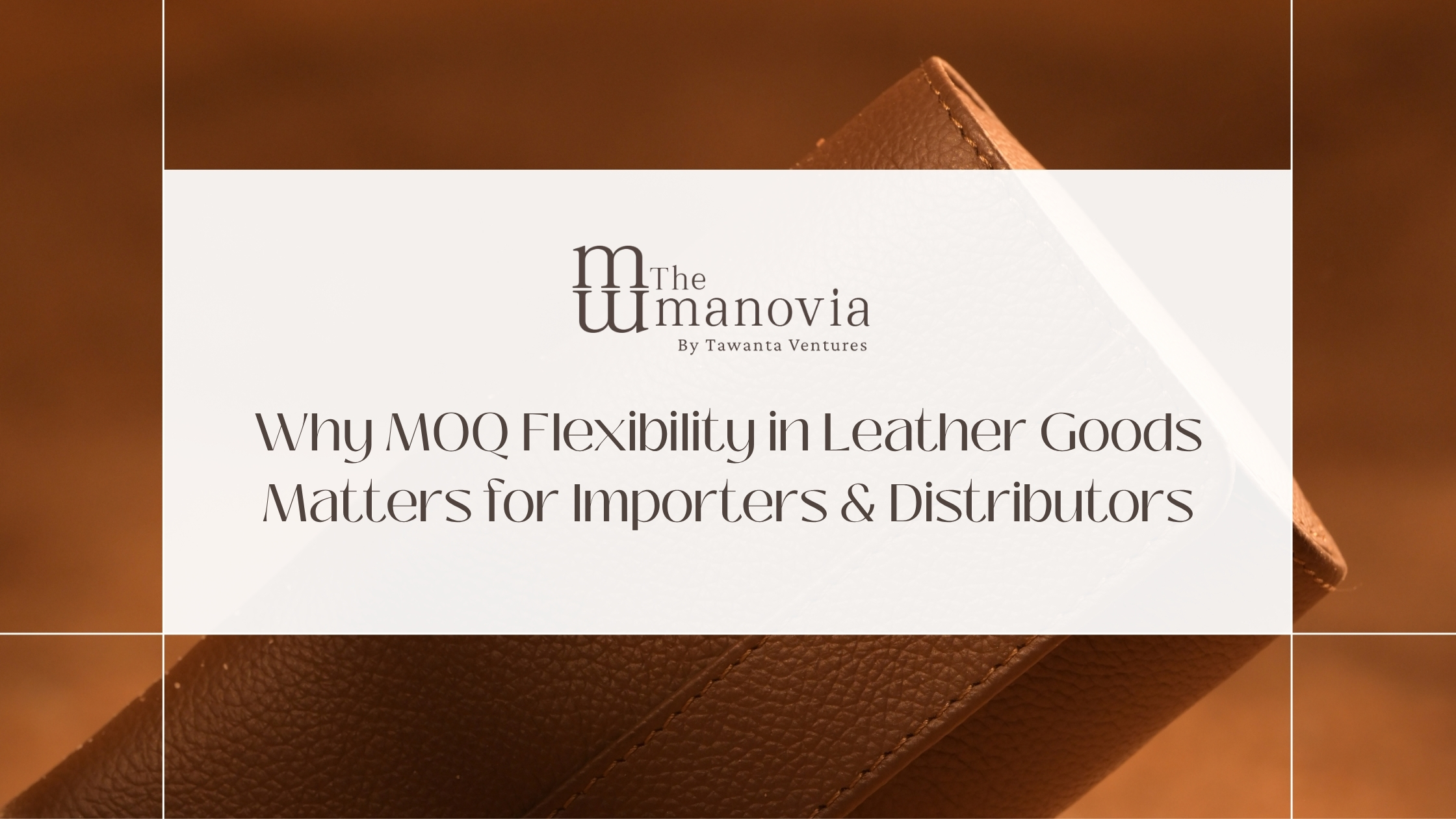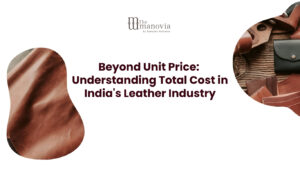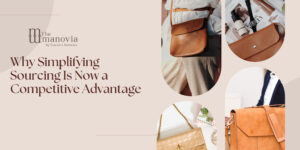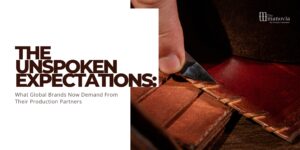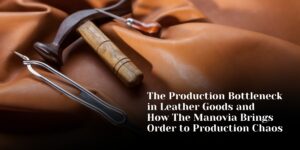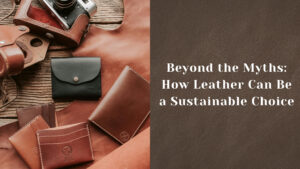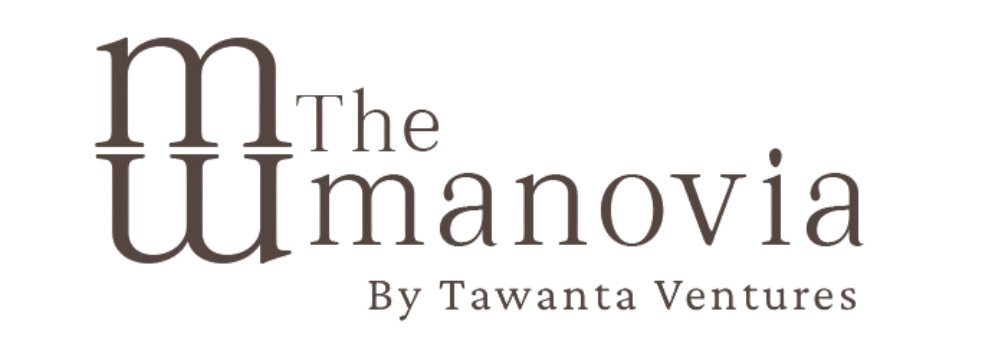In global leather trade, Minimum Order Quantity (MOQ) often feels like a hurdle for importers and distributors. High MOQs can restrict opportunities, increase risk, and force bulk buying before market demand is validated. However, leading leather goods manufacturers are changing the game — offering flexible MOQs that empower global buyers to scale smartly.
At The Manovia, we see MOQ flexibility not as an option but as a strategic advantage for both suppliers and buyers. Flexible MOQs enable better testing, smarter cash flow, reduced waste, and stronger long-term partnerships.
In this article, we’ll explore why MOQ flexibility matters, how it works in leather manufacturing, and how importers and distributors benefit when partnering with suppliers that understand modern sourcing dynamics.
Understanding MOQ in Leather Manufacturing
MOQ (Minimum Order Quantity) refers to the smallest quantity of leather goods a supplier is willing to produce per order. In the leather industry, MOQs exist to balance material, labor, and production costs across:
- Raw hides and tanning
- Cutting and stitching labor
- Hardware, linings, and finishing
- Packaging and logistics
For suppliers, MOQs help maintain production efficiency and cost-effectiveness.
For importers and distributors, however, high MOQs can pose financial strain — leading to overstock, limited product experimentation, and cash flow issues.
This is where MOQ flexibility becomes a competitive edge.
Why Flexible MOQs Matter for Importers & Distributors
1. Lower Financial Barriers
Many distributors operate with tight budgets. Flexible MOQs allow smaller initial orders, helping test new leather handbags, wallets, or belts without committing to large quantities. This reduces risk and supports data-driven purchasing decisions.
2. Faster Market Feedback & Trend Responsiveness
Fashion evolves quickly. With smaller MOQs, importers can introduce new leather styles, colors, or finishes, collect real-world feedback, and pivot quickly. This agility is crucial for staying ahead in the competitive leather accessories market.
3. Reduced Inventory & Storage Costs
Large MOQs often lead to unsold stock. Flexible order quantities keep inventory lean, free up warehouse space, and lower working capital tied up in slow-moving items.
4. Better Cash Flow Management
Smaller batches align purchases with sales cycles — ideal for seasonal collections, trade fairs, or online drops. This improves liquidity and reduces the stress of large upfront payments.
5. Opportunities for Small & Boutique Buyers
Emerging brands and boutique retailers often lack the buying power of large chains. By partnering with MOQ-flexible leather suppliers, they gain access to premium quality without minimum barriers — fostering diversity and inclusion in trade.
6. Stronger Supplier–Buyer Relationships
Suppliers who offer MOQ flexibility are typically more collaborative and responsive. They value relationship-building, customization, and shared growth — leading to higher service quality and better long-term cooperation.
What MOQ Flexibility Looks Like in Practice
Tiered MOQ Models
Suppliers can offer different MOQ tiers — e.g., 50–100 units for testing, and 500+ units for full-scale production. This lets buyers scale progressively while maintaining cost efficiency.
Importers from different markets can combine smaller orders into one production batch. This shared MOQ model helps achieve better pricing and streamlined logistics.
Flexible Customization on Core Styles
Buyers can select from existing leather goods collections (standard hardware, finishes, and patterns) for smaller MOQs, while fully customized products may require higher volumes.
Incremental Scaling
Start with a small batch — scale once the design proves popular. This model minimizes financial risk and helps plan demand-based manufacturing.
Sample & Prototype Orders
A supplier offering prototypes or sample runs allows distributors to test the leather quality, craftsmanship, and finish before committing to larger runs — vital for quality assurance and brand trust.
Key Questions Importers Should Ask Leather Goods Suppliers
Before partnering with a leather manufacturer, importers should clarify MOQ-related terms:
- What is your standard MOQ and flexibility range?
- Do you allow sample orders or trial batches?
- How does MOQ affect lead time and pricing?
- Can you customize materials or hardware at small quantities?
- What is your scalability if demand increases rapidly?
Understanding these details ensures smoother negotiations and sustainable sourcing.
How Leather Goods Suppliers Can Offer MOQ Flexibility
For suppliers like The Manovia, enabling MOQ flexibility requires smart production planning:
- Maintaining core designs that can be efficiently reproduced in smaller lots.
- Keeping buffer stock of standard materials and hardware for quick small-batch production.
- Using modular production systems to group similar processes and reduce setup time.
- Offering transparent pricing models that show per-unit cost variations by quantity.
- Supporting sample-to-scale journeys for brands testing new collections.
Strategic Benefits of MOQ Flexibility in Leather Trade
Flexible MOQ arrangements bring measurable advantages:
- Faster product turnover: Test, validate, and scale new designs quickly.
- Lower risk and waste: Avoid obsolete inventory and unnecessary holding costs.
- Enhanced market responsiveness: Be among the first to capture new trends.
- Optimized margins: Balance between cost efficiency and market agility.
The Manovia’s Approach to MOQ Flexibility
At The Manovia, we redefine MOQ flexibility as part of our modern leather sourcing philosophy.
Here’s how we support global importers and distributors:
- Sample & trial orders for new designs to test market response.
- Core design lines using standardized components for cost-efficient small runs.
- Collaborative customization, balancing MOQ, pricing, and delivery timelines.
- Consistent quality control and documentation, ensuring reliability even for small batches.
Our goal is simple — to make premium leather goods sourcing accessible, scalable, and sustainable.
Conclusion
MOQ flexibility in leather goods manufacturing is more than convenience — it’s a catalyst for smarter global trade.
For importers and distributors, working with MOQ-flexible suppliers enables leaner operations, faster adaptability, and stronger supplier trust.
For suppliers, it opens access to diverse markets and long-term partnerships.
At The Manovia, we take pride in offering MOQ flexibility across our range of leather bags, wallets, belts, and accessories — ensuring quality without compromise.
If you’re looking for a reliable partner to craft, customize, or scale your leather product line, connect with The Manovia today.
👉 Download Our Catalogue or Request a Quote to explore our MOQ options and pricing models.
